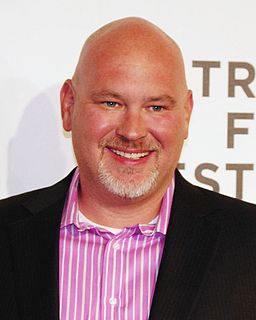A Quote by Kenneth Arrow
I am not really inclined to think there is any very effective regulation of the derivative securities markets that would be useful. People who go into it essentially ought to know what risks they're taking and I don't see any useful regulation.
Related Quotes
I think (fantasy football) has become something that needs to be looked at in terms of regulation. Effectively, it's day trading without any regulation at all. When you have insider information, which has apparently been the case, when you have people who use that information, use big data to try and take advantage of it, there has to be some regulation. If they can't regulate themselves, then the NFL needs to look at moving away from them a little bit, and there should be some regulation.
There is a bit of a problem with the match between derivative securities markets and the primary markets. We have long ago instituted principles, essentially high margin requirements, to prevent certain instabilities in the stock market, and I think they're basically correct. The trouble is that there's a linkage, let's say, between something like the stock market and the index futures markets, and the fact that the margin requirements are very different, for example, played some role in the October '87 crash.
Anyone believing the TPP is good for Americans take note: The foreign subsidiaries of U.S.-based corporations could just as easily challenge any U.S. government regulation they claim unfairly diminishes their profits - say, a regulation protecting American consumers from unsafe products or unhealthy foods, investors from fraudulent securities or predatory lending, workers from unsafe working conditions, taxpayers from another bailout of Wall Street, or the environment from toxic emissions.
An industry devoted to serving the public's right to know gives twisted and evil men the means of becoming known. This problem is not obviously amenable to a solution, and it certainly is not amenable to a legal one. A regime of media regulation that would be both effective at preventing mass shootings and consistent with the American Constitution is no easier to imagine than a regime of gun regulation that would meet the same criteria.



































